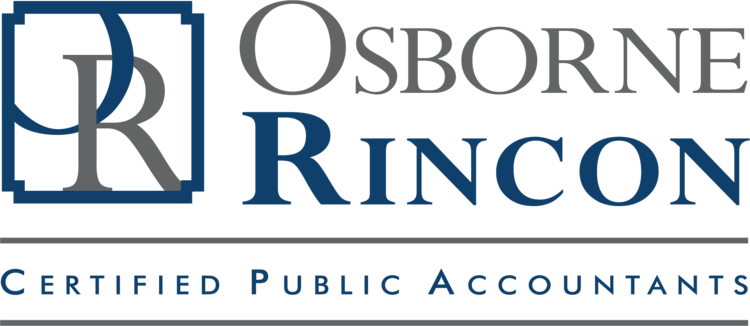By: Samantha Lopez, Accountant
On May 18, 2016, President Obama and Secretary Perez revealed the publication of the Department of Labor’s final rule updating the overtime regulations. The Final Rule emphasizes updating the salary and compensation levels needed for Executive, Administrative and Professional workers to be exempt. This final rule will go into effect on December 1, 2016. The following provides more detail to each specific rule:
- Sets the standard salary level at the 40th percentile of earnings of full-time salaried workers in the lowest-wage Census Region ($913 per week; $47,476 annually for a full-year worker).
- The Department is also setting the annual compensation level for certain HCEs equal to the annualized value of the 90th percentile of earnings for full-time salaried workers nationally ($134,004).
- In order to prevent the salary level requirements from becoming outdated and ineffective, the Department is establishing a system for automatically updating the salary and compensation levels every three years to maintain them at the levels set in this rulemaking.
- Finally, for the first time, employers will be able to use non-discretionary bonuses and incentive payments (including commissions) to satisfy up to 10 percent of the standard salary level, provided these payments are made on a quarterly or more frequent basis.
What can employers do to comply? For each affected employee newly entitled to overtime pay, employers may:
- Increase the salary of an employee who meets the duties test to the new salary level to maintain his or her exempt status.
- Pay an overtime premium of one and a half times the employee's regular rate of pay for any overtime hours worked.
- Reduce or eliminate overtime hours.
- Reduce the amount of pay allocated to base salary and add pay to account for overtime for hours worked over 40 in the workweek, to hold total weekly pay constant.
- Use some combination of these responses.
The circumstances of each affected employee will likely impact how employers respond to this Final Rule. For example, employers may be more likely to give raises to employees who regularly work overtime and earn slightly below the new standard salary level, in order to maintain their overtime-exempt status so that the employer does not have to pay the overtime premium. For employees who rarely or almost never work overtime hours, employers may simply choose to pay the overtime premium whenever necessary.
Samantha Lopez joined Osborne Rincon CPAs in July 2014. Prior to joining the firm, Samantha spent 7 years as a Staff Accountant.
For more information call Osborne Rincon CPAs at 760-777-9805.
